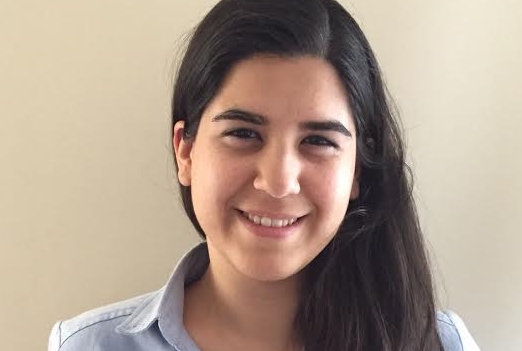By Berkay Gulen
In an unexpected turn of events at the 2009 World Economic Forum in Davos, Switzerland, Turkish Prime Minister Recep Tayyip Erdoğan walked off the stage after an angry exchange with Israeli President Shimon Peres on Israel’s recent military operation in Gaza. Sixteen months later, Turkey and Israel suspended their six-decade-long relationship following the death of nine Turkish citizens onboard the Mavi Marmara Flotilla near Gaza. Most surprising? Turkey had been the only country in the region with whom Israel had had an uninterrupted relationship between 1949 and 2010. What brought about this drastic change?
Most academic studies focus on the post-Cold War Turkish-Israeli relationship through the lens of each country’s respective alliance with the United States. The research usually focuses on how the relationship was cemented through common security threats to both countries, specifically from Syria, Iran, and Iraq. The international dimensions of Turkey’s struggle with its Kurdish population and Israel’s long-term dispute with the Palestinians also dominate these academic analyses, limiting understanding of how Turkish and Israeli decision-makers—that is, the bureaucrats and political elites—view each other and their role in Middle East politics, and the countries’ political relationship with one another.
In my doctoral research, I analyze the foreign policies of Turkey and Israel through the lens of the opinions and worldviews of each country’s respective decision-makers, specifically after the Justice and Development Party (AKP) came to power in Turkey in 2002. I examine how these changes in Turkish foreign policy impacted both Turkey-Israel relations as well as Turkey’s role generally in Middle East politics. My research offers an additional layer of understanding of Middle East politics beyond the traditionally understood relationships. Through interviews with foreign policy makers in Turkey and Israel, I aim to better understand their perspective on how they make foreign policy decisions, specifically on Turkey-Israel relations.
A generous grant from the Stroum Center for Jewish Studies will help to subsidize additional research I will conduct in 2017-2018 in Turkey and Israel, interviewing retired diplomats and businesspeople. I look forward to learning more about the dynamics behind the decision-making mechanisms that have influenced each country’s foreign policies over the last decade and sharing my findings with the Jewish Studies community.
 Berkay Gulen is a PhD student in International Studies program of the Henry M. Jackson School. Her academic interest lies on foreign policies of Turkey and Israel. She was the Samuel and Althea Stroum Fellow in 2015-2016 and received an Opportunity Grant from the Stroum Center to continue her research on Turkey’s foreign and trade policy towards Israel since 2002.
Berkay Gulen is a PhD student in International Studies program of the Henry M. Jackson School. Her academic interest lies on foreign policies of Turkey and Israel. She was the Samuel and Althea Stroum Fellow in 2015-2016 and received an Opportunity Grant from the Stroum Center to continue her research on Turkey’s foreign and trade policy towards Israel since 2002.
Links for Further Exploration
- Read Berkay Gulen’s piece, “Are You a Foreigner? The Power of a Name,” about Rita Ender’s İsmiyle Yaşamak (To Live on with One’s Name), a collection of 45 interviews with Turkish non-Muslims with Jewish, Armenian, Greek, and Assyrian backgrounds.
- Find out more about applying for Opportunity Grants to fund study abroad or domestic academic experiences related to Jewish Studies. The application deadline for the next cycle is October 23.
- Read articles by former winners of Jewish Studies Opportunity Grants, who have traveled to Prague, Jordan, Israel, the Black Sea, and elsewhere.
- Learn more about UW-approved Study Abroad programs.






